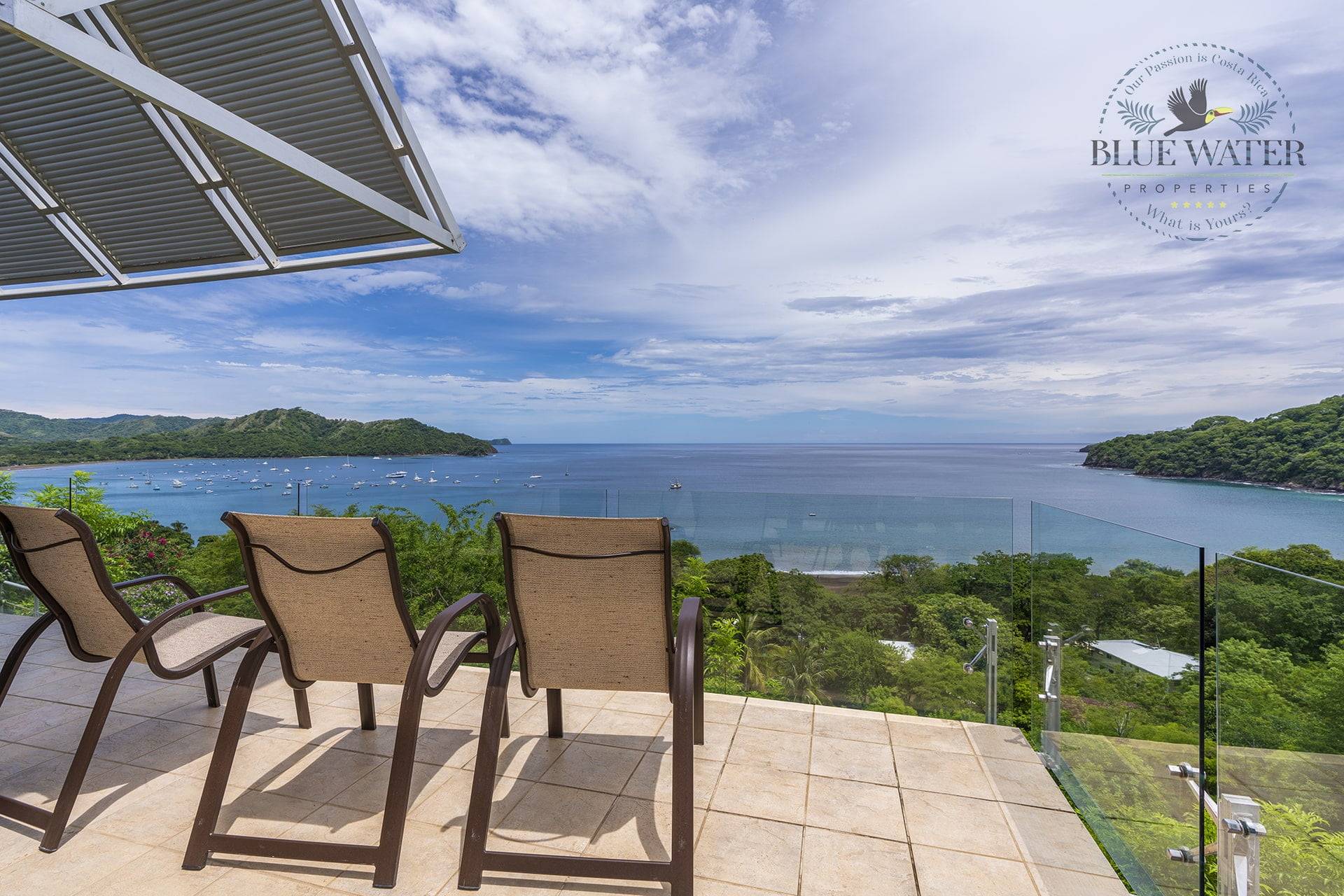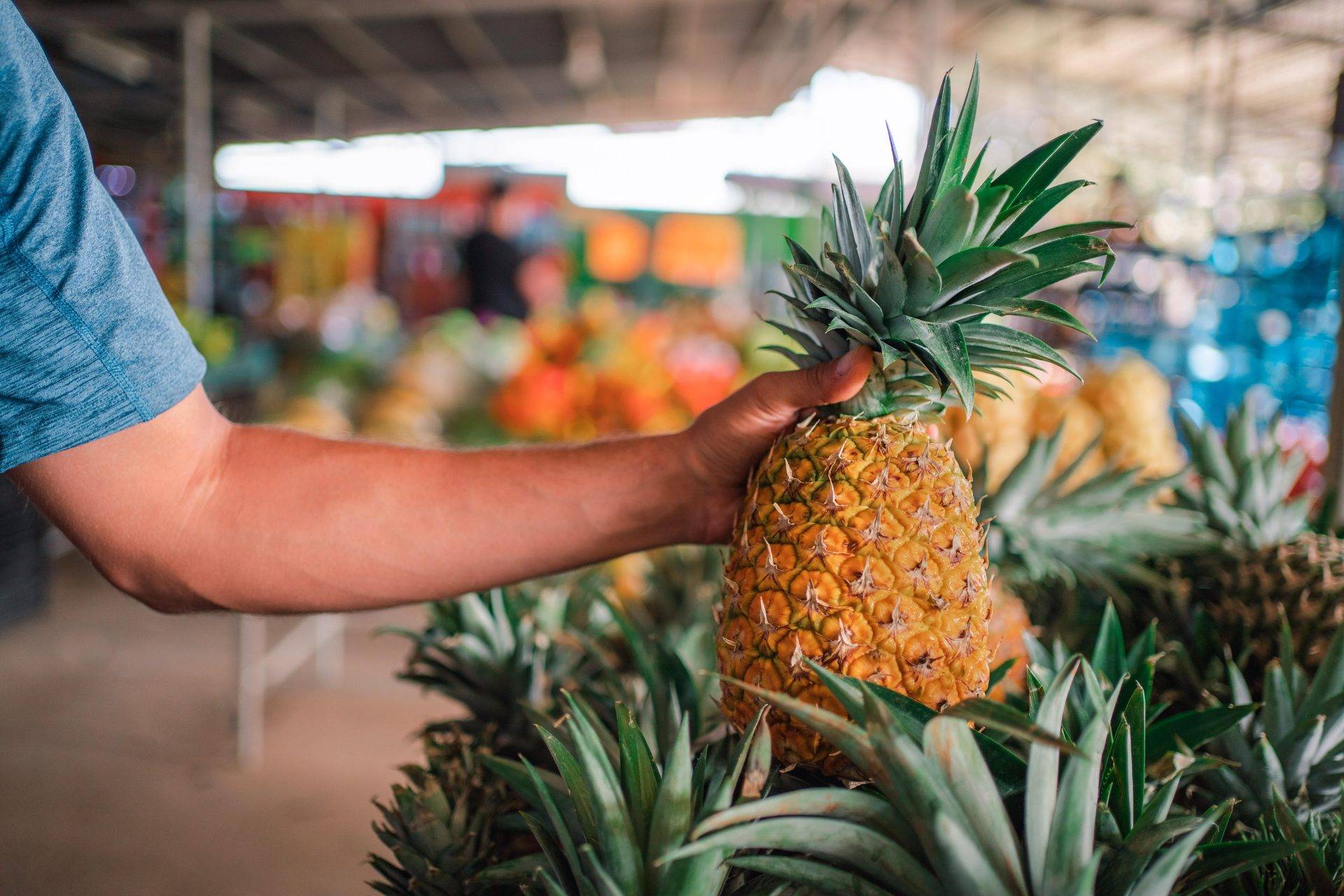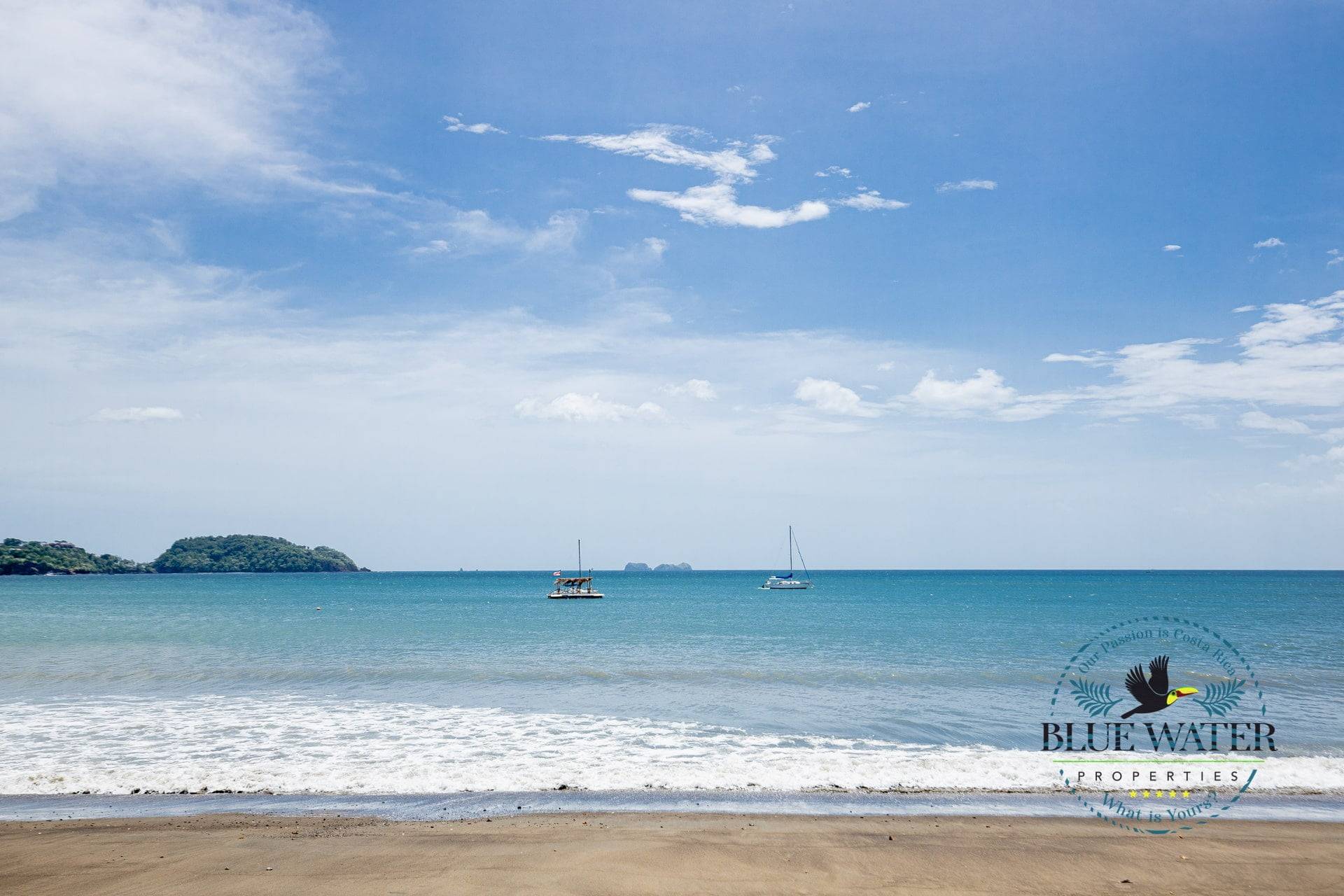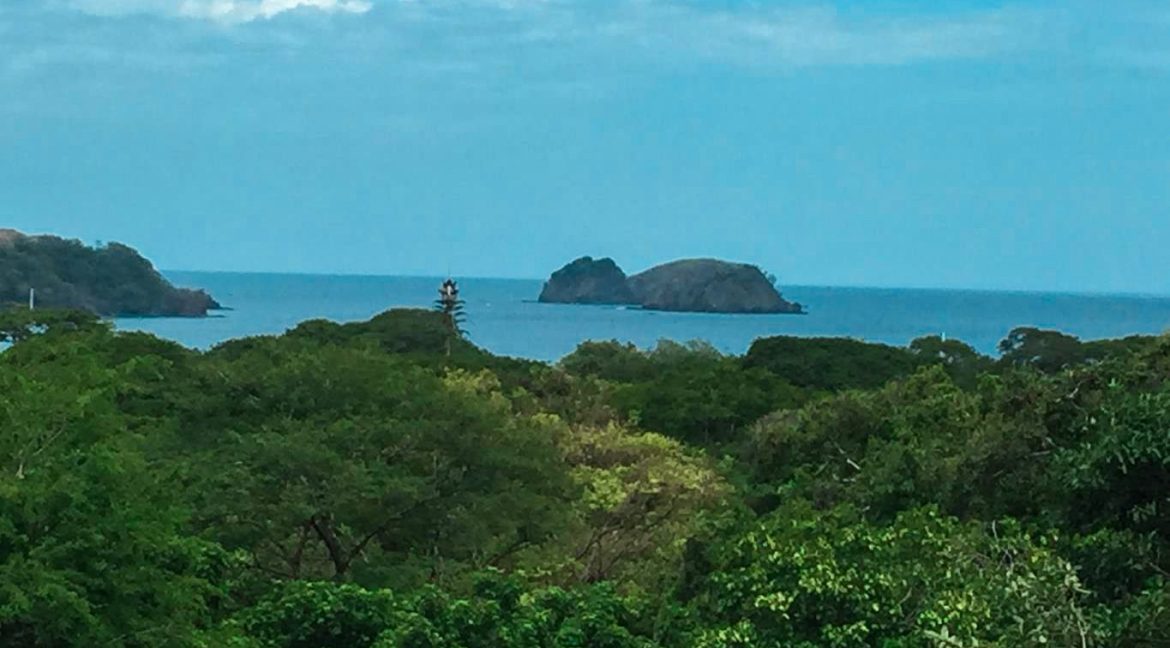There are lots and lots of posts out there that cover basic Spanish before moving to Costa Rica, from the biggest need-to-knows to the smallest mannerisms. We’ll assume that if you’re here, you’ve probably also been there, too. And so here, we won’t repeat what they’re already done there.
Instead of trying to cover it all – and honestly, we’d really need an entire book to do that, anyway! – we’ll start with a more practical approach. You know, all the stuff you need to know, as soon as your feet hit Costa Rican soil.
For the purposes of this post, we won’t go into basic basic Spanish, or even do a deep dive into slang. Instead, what we will do is touch on a few of the Costa Rican Spanish irregularities (that word doesn’t mean what you think it means!) and culturally infused phrases, so you can move through your days without the frustrations that so many Spanish-learners encounter.
We’re talking both the phrases and words that confound, as much as the exclusive-to-Costa-Rica vocabulary that’s easier to learn before you need it. In other words, the basic Spanish before moving to Costa Rica (specifically), broken down into local vocabulary, cultural differences, and the slang you can’t avoid knowing.
But First, a Note on Usted (and its use in Costa Rica)

Yes, even the wildlife is an usted, in Costa Rica!
When you studied basic Spanish before moving to Costa Rica, you probably learned a thing or two about personal pronouns and their proper use.
Forget what you learned. In Costa Rica, there are two ways to say “you” – and neither is tú. Instead, Costa Ricans use usted, even in the most informal of situations, including with their own children/family and even pets. Yes, even Fido is told to venga (“come”), in Costa Rica!
The other form of “you” is vos (note: not the Spanish vosotros) and is a more recent addition to the vernacular. By recent, we mean you’ll hear it most frequently, if not exclusively, from Gen X/Millennial and younger Costa Ricans, usually in more urban/Central Valley locations. If that’s you, you may want to learn the basic conjugations:
Essentially, to form the vos conjugation in the present tense, take the infinitive, drop the r, accent the final vowel and add an s on the end, ex. vos escuchás (escuchar), vos comés (comer), vos salís (salir). Notably, irregular verbs are not irregular in the vos conjugation: venir (to come), which irregularly becomes usted viene, remains as vos venís; tener (to have) is conjugated as usted tiene but vos tenés. The only two irregularities are vos sos (ser, to be) and vos vas (ir, with no accent/tilde mark).
So, should you use usted or vos? Generally speaking, we’d recommend erring on the safe side with usted. You won’t offend anyone or get side-eyed, ever, if you stick to usted. But, if a new friend asks you to vosearlo/a (use the vos with him/her), then you’ll know it’s time to pull out your new conjugation skills.
Basic Spanish Before Moving to Costa Rica
What you need (and want) to know can be broken down into three basic categories, in our eyes: The first is the general everyday vocabulary that you won’t find in the dictionary (at least, not as the preferred term); the second is cultural vocabulary, which often has a very different meaning to that you find in the dictionary; and the third is Costa Rican slang so prevalent, you’ll probably hear it and wonder what it means.
Basic Costa Rican Vocabulary:
These are the words you’ll hear in Costa Rica, over and over, but that you won’t find in your standard Spanish textbook or app.
Tico / Tica
Here’s an easy one that you probably already know: a tico or tica is a Costa Rican! Pondering the origins of this national nickname? It comes from Costa Rica’s endearing (to Spanish-speaking ears) propensity to append the diminutive -tico to everyday words? That gato (cat) is not a gatito but gatico, a minuto is not a minutito but a minutico. Etc. etc.
¡Pura Vida!

If this isn’t a visual representation of the pura vida, then we don’t know what is!
Directly translated as “pure life,” pura vida is a catch-all phrase similar to hakuna matata: life is good, please and thank you, you’re welcome, and all is well, all rolled into one.
Feria
If you love good, fresh food, then you’ll want to know how to ask, ¿dónde está la feria? or, “where’s the farmer’s market?” (Typically, they’re held one or two days a week, in every smallish town and large city in Costa Rica.)
Gallo Pinto
Costa Rica may not declare a single national dish, but gallo pinto is about as close as it gets. A traditional combo of rice and beans – in the past, made from dinner’s leftover rice and a side of beans – flavored with onion, sweet pepper, celery, cilantro, and Costa Rica’s iconic salsa Lizano, gallo pinto (or, pinto) is Costa Rica’s favorite breakfast.
Casado
If pinto is the country’s favorite breakfast, then the casado is Costa Rica’s go-to lunch and dinner.
Spanish for “married,” this traditional plate marries the most traditional meal components to create a meal fit for a hard-working coffee field laborer (its original iteration, as the story goes): your choice of protein (usually, chicken, beef, fish, or pork), plus sides of white rice, beans, pasta or potato salad, the veggie of the day, and friend plantains. You may also get eggs, squeaky cheese, or a different carb on the side.
La Bomba
A bomba is a pump but in Costa Rica, it has two much more significant meanings: The first is “gas station” – as in, “dónde está la bomba más cercana?” (where’s the closest gas station?) – and the second is a very Guanacastecan cultural icon: The bomba, a form of rhyme deeply embedded in Costa Rican hearts.
Cultural Differences (a.k.a. That Word Doesn’t Mean What You Think It Means):
As far as basic Spanish before moving to Costa Rica that you really, really need to know, this section is probably it: the words that dictionary defines one way, but that Costa Ricans define in another. And that, if you don’t know one from the other, will not only confuse you but could also create any number of frustrations and inconveniences. (Welcome to life in another language! A dose of pura vida and it’s all good…)
Mañana
The perfect example of a word – mañana, or “tomorrow” – that doesn’t mean what the dictionary says it means, in Costa Rica, mañana can mean anything from tomorrow to next week to next month.
Here’s a real-world, practical example: You need a new showerhead installed. You ask your handyman when he can come install it. He says “mañana,” you say thanks, and then you wait for him tomorrow. He may, indeed, arrive tomorrow but he’s just as likely to show up the day after tomorrow, or the day after that, or… well, whenever you call him to pin down an actual time.
Ahora vs. Ahorita
A spinoff of mañana, ahora and ahorita can be confusing for newcomers to Costa Rica. That’s because you were taught that ahora means “now” and ahorita… well, that’s just the diminutive, right?
Yes, but also no, at least in Costa Rica. Here, ahora means “now” – as in, “I’m coming over to install that showerhead within the next few hours!” – but ahorita means something along the lines of “I’ll be there when I get there.” It may be tomorrow; it could be next week. I’ll see you when I see you.
When in doubt, you can always clarify: “¿Ya mismo?” (“Right now?”) If they say something along the lines of sí, you’re in luck! If you get an immediate no, then you’ll know you’ll be waiting until ahorita… whenever that is!
Regalar

At the feria, you now know to say, “regáleme esa piña, por favor…”
Nothing’s free, even when it’s regalado! In Costa Rica, regalar is a verb most often used to mean “to give” or even “to hand over.” Its use is very common in commerce, for example when you’re shopping: Imagine you’re at the feria and asking to buy a pineapple: “regáleme esa piña, por favor…” (“give me that pineapple, please…”).
8 or 15 Días
Eight or fifteen days… how could that be confusing, in any way, right? ::Costa Rica enters the chat.::
In Costa Rica, you won’t hear “in a week” or “in two weeks” in everyday conversation; instead, everyone will tell you about something that’s happening en ocho días or en quince días. Directly translated as “in eight days” or “in fifteen days” – or “every week” / “every-other week” (cada 8 días/cada 15 días), their real translation is “in a week” or “in two weeks” – in other words, “on the eighth/fifteenth day, starting your count today. (Try it on a calendar and you’ll see what we mean.)
Directo (not Derecho)
Here’s a quick swap: If you ever learned the word derecho as “straight,” you should know that Costa Ricans use the word directo. If you tell a taxi driver to go derecho, s/he might think you meant derecha and turn right.
Tama, Chepe & Moncho (and many more)
Costa Ricans love nicknames, for everyone and everything from their nearest and dearest to their hometowns. Tamarindo often gets shortened to Tama, while other cities receive their common-name nicknames: San José is Chepe (since Josés are often called Chepe, similar to Elizabeths becoming Lizas) and San Ramón becomes Moncho, among others. Now you know, in case someone asks you if you’d like to accompany them to Chepe to run errands…
Guachiman
Say it in Spanish – guachi, pronounced watchee, and man – and you’ll see that this is a Spanglish version of an English phrase: watchman. In any city, tourist destination, and traffic-heavy small town (ex. your feria’s busy parking street), you’ll often find a self-appointed guachiman on duty, there to guard your car for a donation of a few spare coins.
While some see this as a form of extortion, most residents consider the neighborhood guachiman to provide a solid service, especially on Costa Rica’s often narrow streets. If a guachiman is on duty, your vehicle is less likely to get scratched (or stolen). They’ll also help you parallel park and get temporary parking permits (where necessary)!
Una Teja
The dictionary tells us that a teja is a Spanish roof tile… and, it is. You know the kind: The attractive, clay tiles traditionally molded around a man’s thigh.
In Costa Rica, a teja also means 100. That’s because, loosely speaking, there were 100 roof tejas per block. So, when you’re getting directions, una teja is one block. When you’re paying for something, una teja is 100 colones. And, FYI, La Teja is also Costa Rica’s local bikini-filled tabloid, named because it originally cost a meager 100 colones.
Siempre
This is a favorite (because it can be so incredibly confusing)! While siempre means “always” in Spanish, in Costa Rica it also means “still.” As in, “are we still going to the beach today?” ¿Siempre vamos a la playa hoy? In other words, Costa Ricans often use siempre in lieu of todavía.
Hasta
Another word that can cause incredible confusion, this time even for Costa Ricans, hasta can be used as both “until” or its opposite: Abrimos hasta las 8 can mean either “we’re open until 8” or “we open at 8.” Context is king! And, when in doubt, ask for clarification: “¿perdón, abren a las 8 de la mañana o cierren a las 8 de la noche? (“Sorry, do you open at 8 a.m. or do you close at 8 p.m.?”)
¡Upe! / ¡Buenas!
An old (pre-cell phone) form of telling your neighbor you were outside the door – ¡upe!, “I’m here!” – both upe and buenas are now most often used by door-to-door salespeople, as they call out to a home’s inhabitants. Depending on how introverted/extroverted you are, you may want to either go outside for a chat or simply ignore both calls (unless you’re expecting someone who may not have your phone number).
Slang You Need to Know:
We’re throwing these in for fun and general joy around learning another language. Because, while these phrases are all prevalent, you don’t strictly need them. That said, by the time you’ve heard your twentieth mae in one 30-second conversation, you may consider this section fairly need-to-know, at least for your peace of mind!
Por Dicha

Por dicha, you now live in Costa Rica!
You’ll hear por dicha and que dicha in almost every conversation between Ticos: Loosely translated, it means something along the lines of “thankfully.” Por dicha, the sun is out! So-and-so is finally feeling better, por dicha!
Tuanis / Chiva
If you spend any time around the 40-and-under crowd, you’ll most likely hear some version of que tuanis! or que chiva!, both of which mean “how cool!” When you know, you know.
Mae
Likewise, mae is one of those words you just need to know: It’s a bit like saying “dude,” but it’s used as often as “like” was in the movie Clueless: “Mae, you’ll never guess what happened, mae. Mae, I was just driving down the road, mae, when mae, this thing happened, mae…”
Planning to Move to Costa Rica?
Your new life in Costa Rica often begins with research. A lot of research, far beyond the basic Spanish before moving to Costa Rica – research into geography and lifestyle and other elements. We’re here to help, every step of the way.
At Blue Water Properties of Costa Rica, we’re committed to you. Not to selling you a property or spamming you with all the options, but to helping – genuinely and with good intent – to match you to the perfect property for your needs and wants. We thrive on relationships and promise the fastest communication and best services in the industry.
At Blue Water Properties of Costa Rica, we’re proud to offer some of the best Costa Rica Real Estate. We have both condos and homes, land and businesses for sale.
Go ahead – try us. Give us a chance to show off our expertise – and wow you with the possibilities! We look forward to it.


